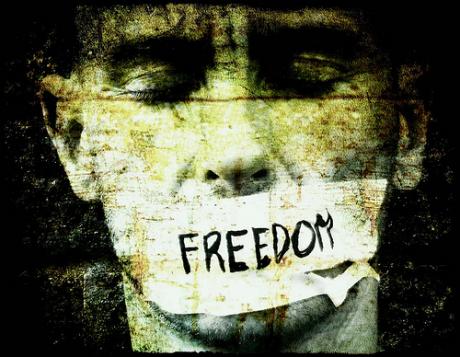The problems began shortly after Tajul Muluk, a Shiite cleric, opened a boarding school in 2004. The school, in a predominantly Sunni Muslim part of East Java, raised local tensions, and in 2006 it was attacked by thousands of villagers. When a mob set fire to the school and several homes last December, many Shiites saw it as just the latest episode in a simmering sectarian conflict — one that they say has been ignored by the police and exploited by Islamists purporting to preserve the purity of the Muslim faith.
Indonesia, the world’s most populous Muslim-majority country, has long been considered a place where different religious and ethnic groups can live in harmony and where Islam can work with democracy. But that perception has been repeatedly brought into question lately. In East Java, Sunni leaders are pushing the provincial government to adopt a regulation limiting the spread of Shiite Islam. It would prevent the country’s two major Shiite organizations from organizing prayer gatherings and sermons.
Mr. Muluk is part of an increasingly threatened minority. Last Thursday, he was sentenced to two years in prison for violating a 1965 presidential decree against blasphemy by promoting a heretical interpretation of Islam. He denies the charges. Analysts say that Mr. Muluk challenged the Sunni-led power structure in his village, making him a target of local leaders.
“Most conflicts are hitched to local politics,” said Ken Conboy, a security consultant who has tracked rising religious intolerance in Indonesia. “They’re based in communal, ethnic, tribal differences, but it’s something that can be wielded by community and religious leaders.” Only one person has been tried in connection with the arson attack, and he received a sentence for time served, leading to his immediate release. Days after the fire, the local branch of the Indonesian Ulema Council, or M.U.I., an influential group of Muslim clerics, issued a fatwa, or decree, against Mr. Muluk, saying his teachings “tarnished” Islam.
“In Islam you have to be clean, focused and unified,” said Bukhori Maksum, the chairman of the council in Sampang. Throughout his blasphemy trial, Mr. Muluk appeared both stoic and incredulous. His wife, Ummu Kulsum, sat in the back of the courtroom. “People in the village are trying to force us to join their religion,” she said. “We will hold out, because it is our right.”
Mr. Maksum said that Shiites in Sampang practiced Islam in a way that disturbed society. “M.U.I. Sampang has the obligation to respond to this situation because if we did not, there would be bigger problems,” he said.
Intolerance has also led to attacks on Christians, whose churches have been closed under pressure, and on members of the Ahmadiyah, an Islamic sect many mainstream Muslims consider heretical. The Wahid Institute, a liberal Islamic research organization working with some national lawmakers to draft a law on the protection of religious minorities, reported a 16 percent rise in cases of religious intolerance between 2010 and 2011, Including threats of violence, arson and discrimination.
Rights advocates accuse the police of turning a blind eye to such actions and accuse the national government of yielding to Islamic hard-liners for political gain. They point to a 2008 presidential decree that prohibits “proselytizing” by the Ahmadiyah.
Officials, however, deny that the 2008 decree or any of the recent anti-Shiite fatwas contravene the Constitution, saying they are necessary to prevent social conflict. “If individuals practice a different form of religion, which is against the principles of other religions, this creates disunity and animosity,” said Teuku Faizasyah, a special adviser to President Susilo Bambang Yudhoyono.
Indonesia has opened up over the last 15 years, but the advent of democracy and the decentralization of power have also allowed a greater assertiveness by local religious leaders. Analysts say many senior officials, including Mr. Yudhoyono, are reluctant to crack down forcefully on intolerance for fear of appearing un-Islamic.
“Five years ago this trend was only in the big cities,” said Ahmad Suaedy, the executive director of the Wahid Institute. “But it’s spreading very fast because the government has ignored this situation.”

Comments